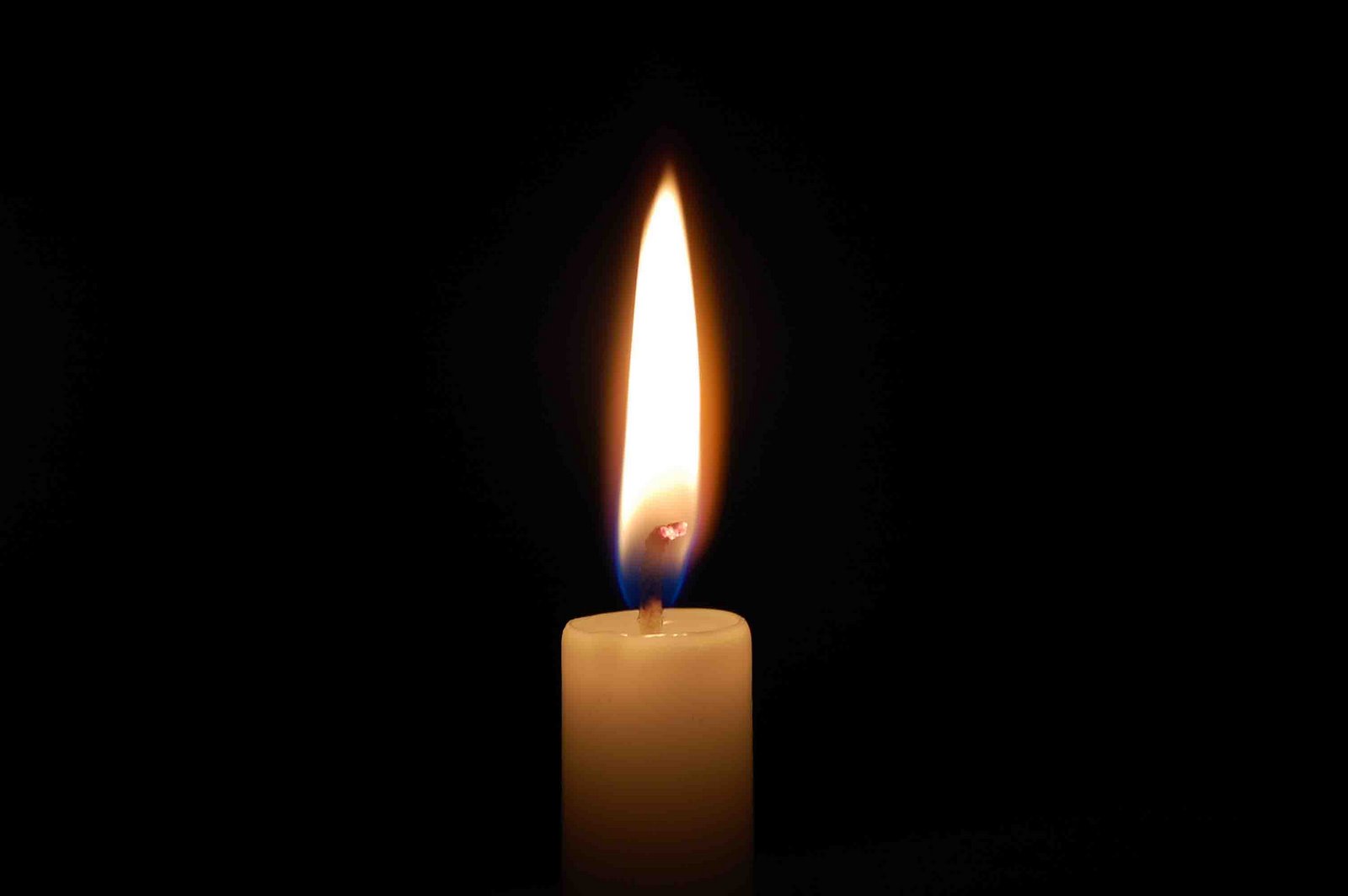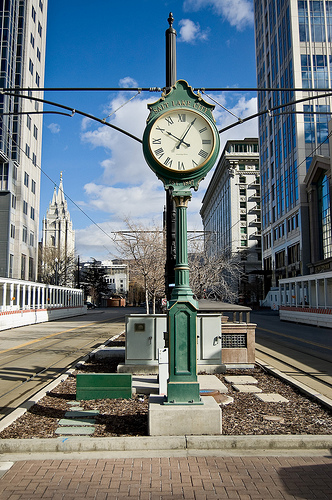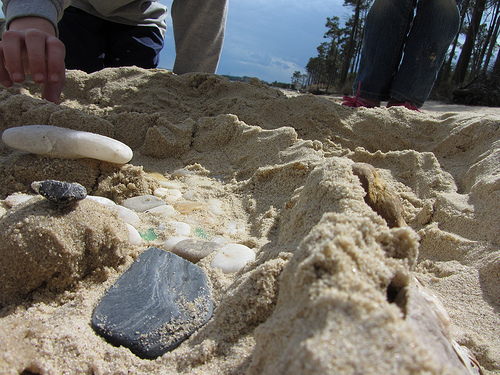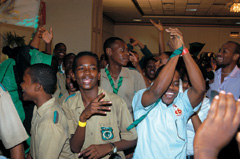What do I Tell my Children about Gun Violence and Terrorism?
By Deanna Hurn, Founder and Executive Director of Miracle Math Coaching

My heart is heavy. I’m re-running a post to support parents and children in the wake of another tragedy caused by gun violence, this time in Las Vegas. Our hearts and prayers go out to the victims and families of the worst mass shooting in U.S. History.
As a parent of young children, news of shocking tragedies like the recent police shootings, the Orlando massacre and the Paris terrorist attacks generate two kinds of emotion in me. First, like everyone, I am shocked and horrified at the unspeakable loss of life.
The second emotion I feel is protectiveness. I’m protective of my young daughters’ safety, but I also want to protect their innocence. Last year, the world suffered equally tragic mass murders in Egypt (224 died aboard a Russian airplane), Kenya (147 gunned down at Garissa University) and Lebanon (43 blown up by a suicide bomber in Beirut). None of those events received exhaustive media coverage. What happened in Paris, Florida, Louisiana, Minnesota and Texas, however, is different.
Even if we hadn’t told our daughters those events, they’d likely find out. Television news. Popular websites. Newspapers. Radio broadcasts. Facebook posts. Tweets. And even if your children aren’t exposed media, their friends likely are. Peer information can be even more frightening.
How heavy a burden do children carry when they learn of such tragedies?
I want to do all I can to soothe my daughters, who might very well feel some level of trauma because of these too-often occurrences. What do child experts want me to say to my kids? Here are five things to do, according to PBS.org:
1. Take a News Break. While you may be interested in watching 24-hour news for all the latest developments, your children may not be able to handle that. The American Psychological Association recommends limiting the amount of time spent watching news reports, as constant exposure may actually heighten their anxiety and fears.
2. Answer Kids’ Questions – Without Giving Them Unnecessary Details. Even if you limit news exposure in your home, chances are your kids may hear details—accurate or not—on the playground. When they return to school after a national tragedy, it’s a good idea to ask what they’ve heard.
“A lot of times, children misunderstand what’s happening,” says Eileen Kennedy-Moore, Ph.D., author of “Smart Parenting for Smart Kids.” “Let them know the gunmen is not in our backyard.”
And if kids have questions, Rossen says the key is to answer—not avoid—them without giving too much information. For example, you can tell them that bad people hurt a lot of innocent men and women, but that it happened far away. Assure your children that they are safe.
3. Pay Extra Attention to Your Kids. When you are at home with your children, make sure to be engaged with them. The National Association of School Psychologists recommends that parents focus on their children during the week following a tragedy, including spending some extra time reading or playing with kids before bed, to foster a sense of closeness and security.
4. Find Solace or Take Action. Even children can feel better by doing something, whether it’s a spiritual pursuit, a political activity or just an act of kindness. Look for activities that are age-appropriate. “Find a child-sized way to take action,” says Kennedy-Moore, “saying a prayer together, or raising money, or signing a petition, or sending a card or letter.”
5. Look for signs of More Than Normal Stress. Watch for signs of excessive fear or anxiety in the next few weeks. According to the American Psychological Association, signs of stress in children can include trouble sleeping, difficulty concentrating on school work, or changes in appetite. If those symptoms last for more than a week or two, ask your child’s teachers if they are observing the same thing and consult your school psychologist or pediatrician.







